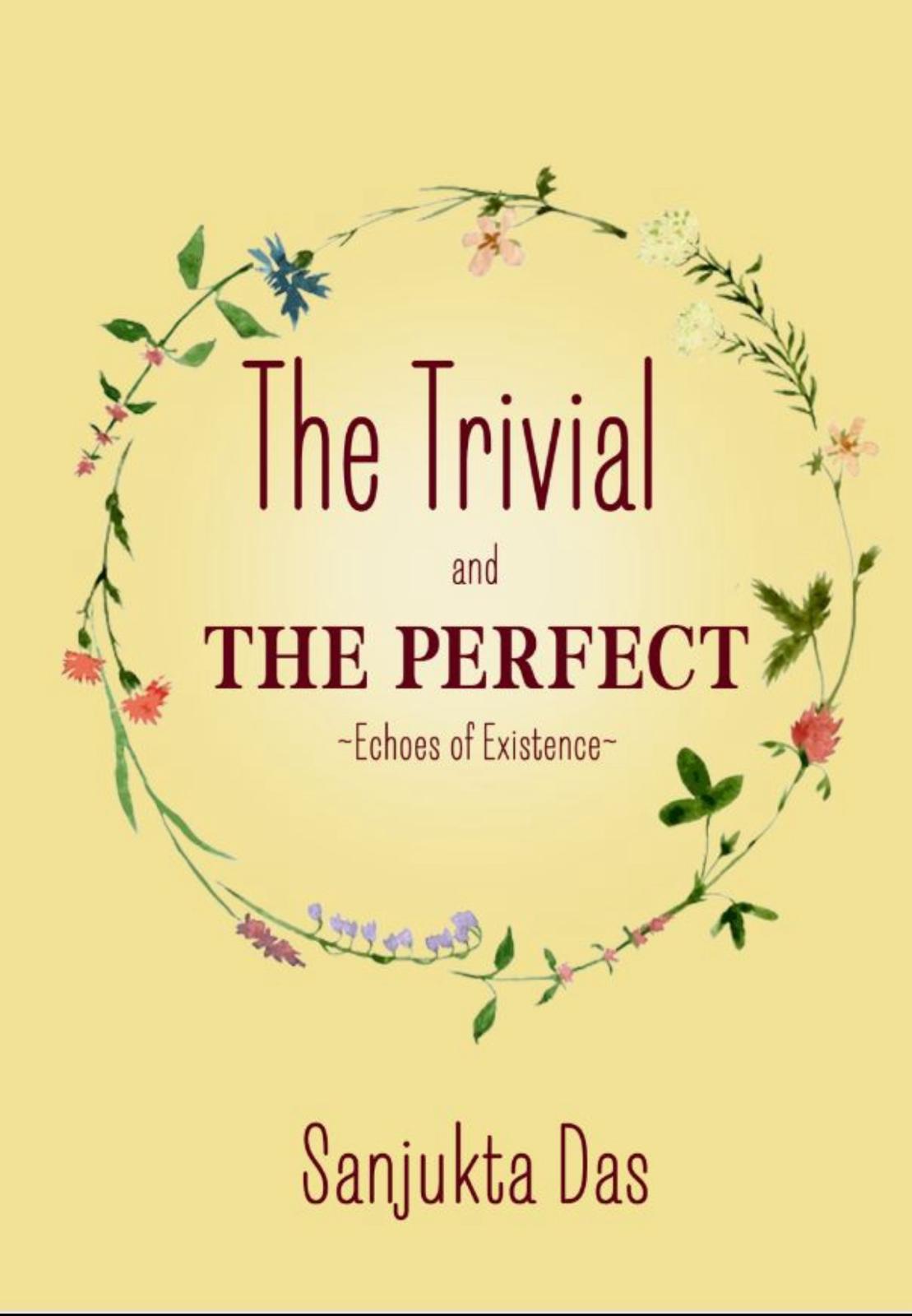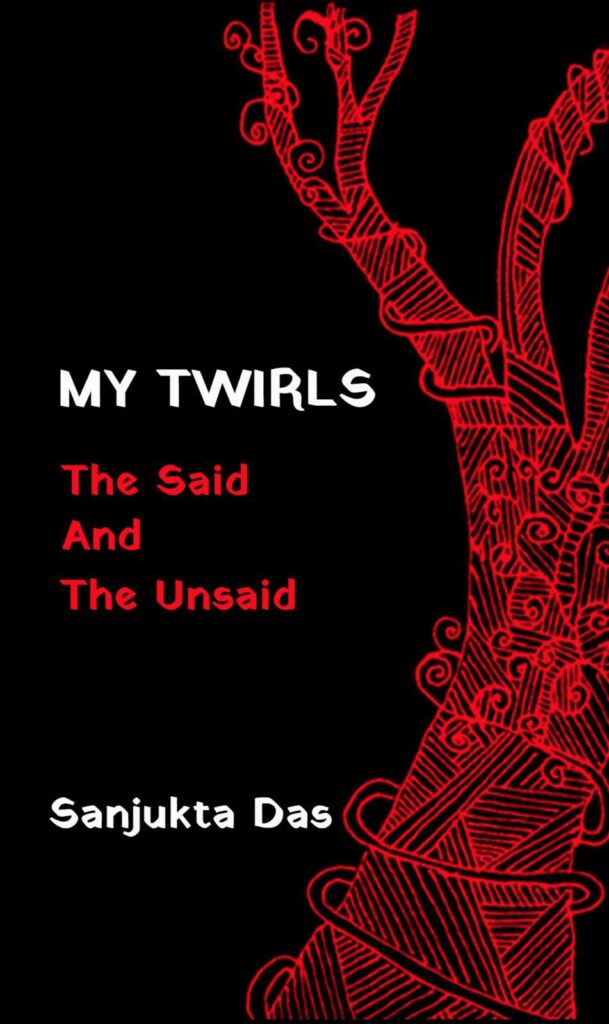Poetry, the art of weaving emotions and ideas through the tapestry of words, comes in many forms. Among these, free verse poetry stands as a canvas of boundless creativity, unburdened by the shackles of strict rules or patterns. In this exploration of “What is Free Verse Poetry,” we delve into the captivating realm of poetic expression that dances to its rhythm and paints life’s myriad colors with unrestricted brushstrokes.
Embracing a freedom that defies rhyme schemes and meter, free verse poetry allows poets to traverse untrodden paths and mold their verses without conformity. It embodies a departure from the formal norms that have long guided traditional poetry, offering an alluring space for self-expression, raw emotions, and unfiltered thoughts.
As we embark on this journey through the world of free verse, we’ll uncover the essence of this enchanting form and learn how poets wield its power to evoke emotions, challenge conventions, and celebrate the beauty of unfettered words. Whether you’re a seasoned poet or a curious novice, join us in discovering the essence of free verse poetry and the extraordinary symphony it composes from the harmonies of unbound imagination.
What is Free Verse Poetry?
Free verse poetry is a form of poetry that does not follow a specific or predetermined structure regarding rhyme, meter, or line length. Unlike traditional forms of poetry like sonnets or haikus, free verse poetry does not adhere to strict rules or patterns.
In free verse poetry, poets have the freedom to express themselves creatively without being bound by traditional conventions. This form allows poets to experiment with line breaks, stanza lengths, and various literary devices to convey their emotions, thoughts, and ideas effectively.
The lack of formal structure in free verse poetry gives it a more natural and conversational feel. It often mimics the rhythms of everyday speech, allowing the poet to capture the essence of a moment or emotion in a more organic way. Free verse poetry is a popular choice for contemporary poets and has been embraced as a powerful medium for modern expression.
While free verse offers creative freedom, crafting impactful free verse poetry can be a challenge as it relies heavily on the poet’s ability to choose the right words, create meaningful imagery, and evoke emotions without the aid of strict rhymes or meters. Successful free verse poetry can be deeply evocative and emotionally resonant, making it a compelling form for both poets and readers.
Whats unique about Free Verse Poetry?
Free verse poetry is unique for several reasons:
- Lack of Formal Structure: Unlike traditional poetry forms that adhere to specific rules of rhyme, meter, and structure, free verse poetry breaks away from those constraints. It does not follow a predetermined pattern, allowing poets to express themselves more organically and freely.
- Emphasis on Creativity: Free verse allows poets to experiment with language and literary devices, giving them the freedom to explore unique and innovative ways of expression. It encourages creativity and empowers poets to break away from traditional norms.
- Natural and Conversational Feel: Free verse poetry often mirrors the rhythms of everyday speech, making it feel more conversational and relatable. This natural flow can create an intimate and immediate connection with the reader.
- Flexibility and Adaptability: The lack of strict rules in free verse means that poets can adapt the form to suit the subject matter and emotional content of their poem. It can be used to express a wide range of emotions and themes without feeling forced into a particular structure.
- Focus on Imagery and Emotion: With no strict rhyme scheme or meter to maintain, free verse poets can concentrate on using powerful imagery and evocative language to convey emotions, creating a strong emotional impact on the reader.
- Reflective of Modern Times: Free verse gained popularity during the modernist and contemporary periods of poetry. As society evolved and traditional norms were challenged, free verse emerged as a reflection of the changing times, offering a form of expression that was more in tune with the complexities of modern life.
- Accessibility to All Poets: Free verse is an inclusive form of poetry that doesn’t require extensive knowledge of traditional poetic forms. It welcomes aspiring poets of all backgrounds and experiences, making poetry more accessible and inviting for everyone.
- Versatility in Themes and Subjects: Free verse poetry can cover a vast array of themes and subjects. It can capture the beauty of nature, explore the depths of human emotion, tackle social and political issues, or delve into personal reflections and introspection.
Overall, free verse poetry’s uniqueness lies in its liberation from formal constraints, its creative potential, and its ability to capture the essence of the human experience in a way that feels authentic and contemporary. It has become a significant and influential form within the realm of modern poetry, providing a canvas for poets to express themselves with unbounded creativity and emotional depth.

How is Free Verse Poetry different from normal poetry? Are they the same?
Free verse poetry is a form of poetry that is different from traditional or “normal” poetry in terms of structure and adherence to specific rules. While all poetry shares the fundamental aspect of using language creatively and artistically, free verse and traditional poetry diverge in their approach to form and organization.
The key differences between free verse poetry and traditional poetry are:
1. Structure:
- Free Verse Poetry: Free verse poems do not follow a specific rhyme scheme, metrical pattern, or syllable count. They lack the formal structure found in traditional poetry forms like sonnets, villanelles, or haikus. Instead, free verse poets have the liberty to arrange lines and stanzas however they see fit, emphasizing the natural flow of language and emotion.
- Traditional Poetry: Traditional poetry adheres to established rules and structures, often employing consistent rhyme schemes, specific meters (such as iambic pentameter), and predefined line or stanza lengths. These formal structures give traditional poetry a rhythmic and musical quality.
2. Rhyme and Meter:
- Free Verse Poetry: Free verse poetry does not require or emphasize rhyme. While free verse poets may use occasional rhyme for stylistic effect, it is not a defining feature of the form. Similarly, there is no specific requirement for regular metrical patterns or rhythms.
- Traditional Poetry: Traditional poetry typically employs consistent rhyme schemes (such as AABB, ABAB, or ABCB) and adheres to specific metrical patterns, such as iambic, trochaic, anapestic, or dactylic meter. The regularity of rhyme and meter contributes to the musicality and structured feel of traditional poetry.
3. Creativity and Expression:
- Free Verse Poetry: Free verse allows poets to express themselves with greater freedom and creativity. Poets can experiment with language, imagery, and various literary devices without being constrained by formal rules, enabling them to create unique and emotionally evocative verses.
- Traditional Poetry: Traditional poetry, while offering its own opportunities for creativity, often requires poets to work within the established rules and structures of the chosen form. This can lead to more focused and disciplined expression, as poets must fit their ideas within specific constraints.
In summary, free verse poetry and traditional poetry differ primarily in their approach to form and structure. Free verse offers more flexibility and creativity, while traditional poetry adheres to specific rules and established patterns. Both forms have their strengths and appeal, and each allows poets to express themselves in distinct and meaningful ways.
Examples of Free Verse Poetry:
“The Red Wheelbarrow” by William Carlos Williams
“So much depends upon
a red wheel barrow
glazed with rain water
beside the white chickens.”
In this famous poem by William Carlos Williams, we can see how free verse allows for a concise and vivid depiction of a simple scene. The lack of a specific rhyme scheme or meter gives the poet the freedom to focus on the imagery and the emotions evoked by the image of the red wheelbarrow and the white chickens.
Did you check my latest book?
What are the Best practices to learn Free Verse Poetry?
Learning and mastering free verse poetry requires dedication, practice, and a willingness to explore your creativity. Here are some best practices to help you learn free verse poetry effectively:
- Read and Study Free Verse Poems: Start by reading a wide variety of free verse poems from different poets. Observe how they use language, imagery, and form to convey emotions and ideas. Pay attention to the flow and rhythm of the poems and how they create an impact on the reader.
- Understand Poetic Devices: Familiarize yourself with various poetic devices such as metaphors, similes, alliteration, assonance, and personification. These devices add depth and richness to free verse poetry, enabling you to create vivid and evocative verses.
- Write Regularly: Practice is key to improving your free verse poetry skills. Set aside time to write regularly, even if it’s just a few lines or stanzas each day. The more you write, the more you will discover your unique voice and style.
- Experiment with Form and Structure: Although free verse poetry doesn’t have strict rules, you can still experiment with form and structure to create a cohesive and impactful poem. Play with line breaks, stanzas, and spacing to enhance the visual and auditory aspects of your poem.
- Edit and Revise: Editing is an essential part of the writing process. Once you’ve written a poem, revise it multiple times to refine and polish your work. Be open to making changes and be critical of your own writing to make it stronger.
- Seek Feedback: Share your poems with trusted friends, fellow writers, or writing groups. Feedback from others can offer valuable insights and perspectives you may not have considered. Use constructive criticism to improve your poetry.
- Read About Poetry Craft: Study books and articles on poetry craft and free verse techniques. Many poets and writing experts have shared their insights and advice on how to write impactful free verse poetry.
- Attend Poetry Workshops and Readings: Participate in poetry workshops or attend poetry readings in your community. Engaging with other poets and hearing their work can inspire and motivate you to improve your own writing.
- Immerse Yourself in Nature and Emotions: Draw inspiration from the world around you. Spend time in nature, observe people, and immerse yourself in emotions. These experiences can provide rich material for your free verse poetry.
- Embrace Vulnerability and Authenticity: Free verse poetry often delves into personal and emotional territory. Don’t be afraid to be vulnerable and authentic in your writing. Embrace your unique voice and experiences to connect with your readers on a deeper level.
Remember that learning free verse poetry is a journey, and it’s okay to make mistakes and learn from them. Enjoy the process of exploration, self-expression, and growth as you develop your skills and craft as a free verse poet.
This blog post celebrates the beauty of unconstrained expression, as poets traverse untrodden paths and mold their verses with creativity and freedom. By exploring the essence of free verse, readers uncover its power to evoke emotions, challenge conventions, and paint life’s myriad colors with unrestricted brushstrokes. Whether seasoned poets or curious novices, readers are invited to embark on this poetic journey to understand the artistry of free verse and celebrate the symphony of unbound imagination. For those looking to start their poetic adventure, the post encourages them to check out the earlier piece titled “How to Start Writing Poetry: Essential Tips and Techniques for Beginners,” guiding them to explore the essential techniques and insights to kickstart their poetic endeavors.






